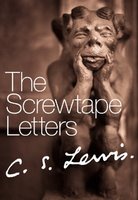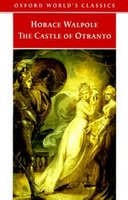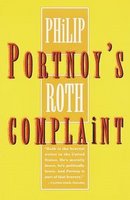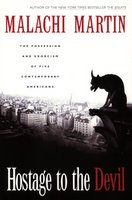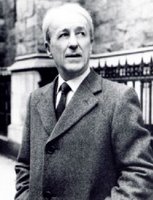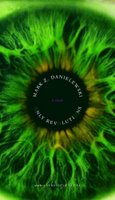 Only Revolutions
Only RevolutionsMark Danielewski
What the hell am I supposed to say about Only Revolutions? First off, I'd like to state that Danielewski makes me feel like a total moron. I have no idea what happened in about 50% of this book. Of course, there are the obligatory comparisons to Joyce and Pynchon, which reminds me that I don't care for those eggheads, either. But I like Danielewski! Really I do!
Allow me to explain what I do know about the novel. Only Revolutions is about two teenagers (who are always 16), Sam and Hailey, who may or may not exist at the same time. Sam lives from 1863-1963 and Hailey from 1963-2063. And yet, they manage to coexist. Or do they? Don't ask me. For the better part of today, I've been perusing the forums on the Only Revolutions website. Why are certain letters in gold? green? purple? Why do some pages feature a black circle on the upper right hand corner? What about this? that? AAAAAAAAHHHHHH. I'm just lucky I finished it with my sanity intact.
Then there's the pages themselves. Each page is cut into four: one half for Hailey, one for Sam. Their halves are then again divided into two, one for the narrative, and one for a block of history, which, I'll be honest, I didn't even bother to read. It's important somehow, but I honestly could give a shit. Here's a scan of one such page, taken from Amazon.com--it's not the best quality, but you get the point:
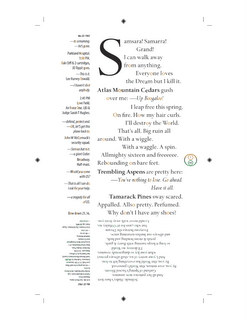 It is recommended that one reads eight pages of each at a time: eight of Hailey, then flip back to Sam's narrative and reread those eight pages. And of course, 8 is a double helix, an 0 stretched and twisted, or some random shit from the forums. Ahh, to have such free time. Man, I miss college.
It is recommended that one reads eight pages of each at a time: eight of Hailey, then flip back to Sam's narrative and reread those eight pages. And of course, 8 is a double helix, an 0 stretched and twisted, or some random shit from the forums. Ahh, to have such free time. Man, I miss college.And while I find the book interesting (and clearly Danielewski is either a genius or absolutely, stark raving mad), I have this thing. It's called...a life. And I don't want to spend the majority of mine picking apart a book for all its myriad nuances and anomalies. I've got my MA in English. Been there, done that.
And that's not to say that I don't want my literature to be challenging. But this is just too much. House of Leaves was challenging--and mind-blowing--and yet I was able to comprehend what was going on. Damn you, Mark! I want to like this book, really I do.
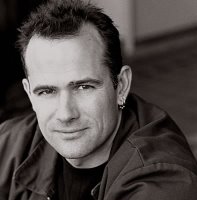 That said, Only Revolutions reads more like poetry than prose, and there were some parts that were stunning in their beauty. I'll probably reread it at some point, because rereading House of Leaves allowed me to gain so much that I missed the first time around. I just wish I found more pleasure in reading Only Revolutions.
That said, Only Revolutions reads more like poetry than prose, and there were some parts that were stunning in their beauty. I'll probably reread it at some point, because rereading House of Leaves allowed me to gain so much that I missed the first time around. I just wish I found more pleasure in reading Only Revolutions.In a nutshell: you better WORK! Turn to the left! Work it -- sorry, slipped into RuPaul. But you will need to work for Only Revolutions. Is it worth the payoff? Ask me after I reread it. In at least a year or two.
Bibliolatry Scale: 6 out of 6 for complexity and ambition; 2.5 out of 6 for ease and clarity




